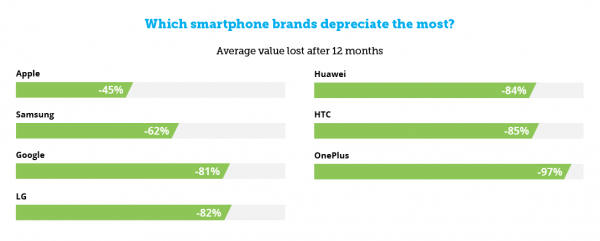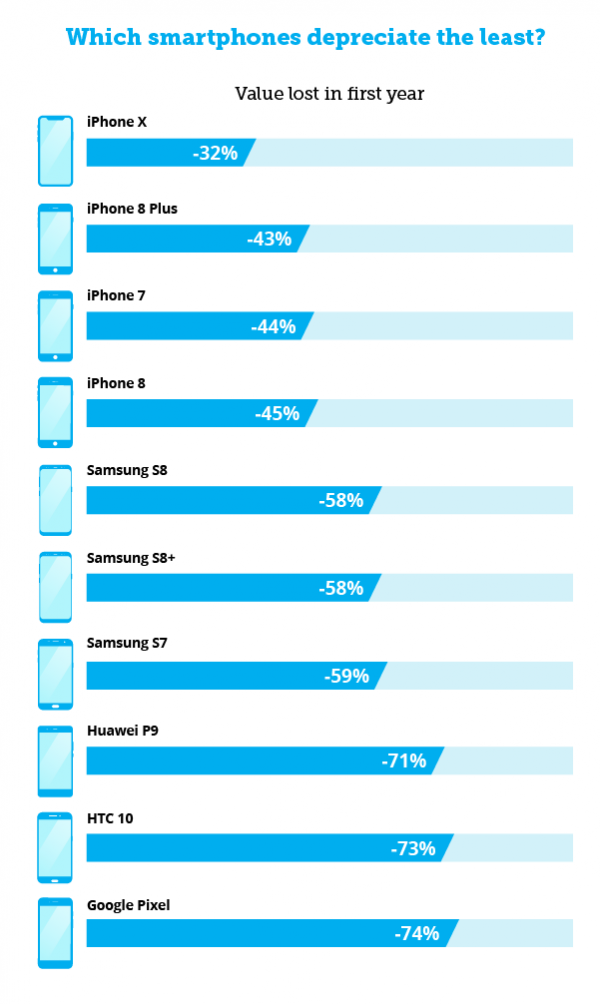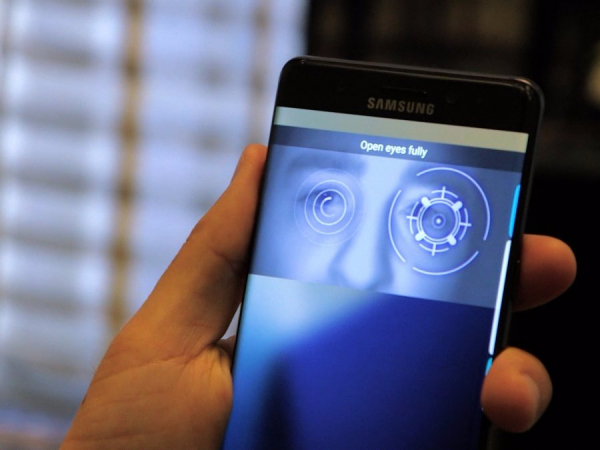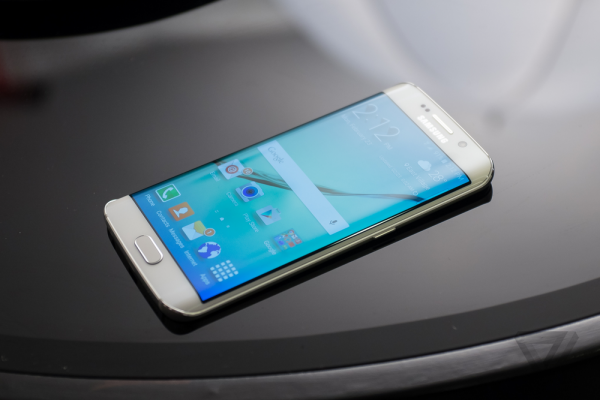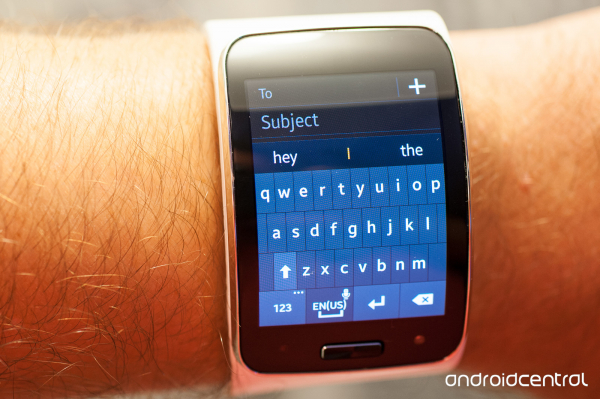One of Galaxy Note 7's hallmark features this year is the iris scanner. I've personally had a hard time envisioning iris scanners as a better solution than fingerprint scanners, especially when companies (including Apple) are racing to build fingerprint scanning right into the touch screen.
This review by Steve Kovach — which is only one of many that came out today — validates my concern:
The iris scanner doesn’t work well in bright sunlight (it failed on me at the beach last weekend), and it’s not as convenient as clicking the home button and resting your fingerprint on the sensor to unlock the device. With the iris scanner, you have to power on the phone, swipe to unlock, and awkwardly hold the phone close to your face while staring into an interface that looks like something out of a sci-fi movie. Not exactly seamless.
Kovach's review overall gives a lot of credit to the Galaxy Note 7's beautifully-crafted hardware. But he also shines a light on Samsung Galaxy's biggest weakness:
If there’s one big weakness to the Note 7, it’s the software powering it. Samsung likes to make big modifications to Android, which often gums up the experience. That said, the interface is definitely a lot cleaner in the Note 7 than it’s been in previous Samsung phones. Still, Samsung has a horrible record of keeping its phones updated with the latest software, and there’s no guarantee you’ll be getting the new Note features a year from now.
On top of that, the Note 7 also comes bogged down with extras from carriers here in the US. I tested the T-Mobile version, and had to spend the first few minutes clearing away all the T-Mobile branded junk from my home screen. Plus, Samsung has its own suite of apps for email, calendar, etc. on top of all the Google versions of those apps. I’m not a fan of making users juggle two different apps for all the same tasks.
The redundant app solutions on Samsung devices definitely hinder the user experience. The other day I paid for my groceries with Apple Pay and the cashier told me she's been wanting to do that with her Samsung for the longest time.
She's just never been able to figure it out because when she holds up her phone to the credit card terminal, "some Android app pops up instead of Samsung Pay."
The software isn’t a deal breaker, but compared to the consistency and of iOS and its rock-solid ecosystem of apps and updates, it’s enough to still give the iPhone a very slight edge over the Note 7.
"The software isn't a deal breaker" to people who value hardware over software. But to people who value software and ecosystem more, this is a deal breaker.
Overall, the Note 7's biggest weakness is its software. It's not great, but it's good enough. Aside from that, when it comes to hardware and design, Samsung has cemented its position as the leader in the smartphone world. The Note 7 is the best phone the company has ever made, and one of the first you should consider buying.
Hardware-wise, the Galaxy Note 7 is the best & most exciting device Android has to offer. The S Pen is a key differentiator that provides a lot of value to certain types of consumers.
Software-wise, it still falls short of the streamlined iOS user experience and the iPhone ecosystem. And Samsung's S Pen advantage can be dampened with Apple Pencil support on future iPhones.
So, depending on which camp you are in — specs-oriented vs. experience-oriented — one product line will be an obvious winner over the other.
Anecdotally, everyone I know who switched from Samsung to iPhone switched mainly because of one reason — they got tired of Samsung's software.
